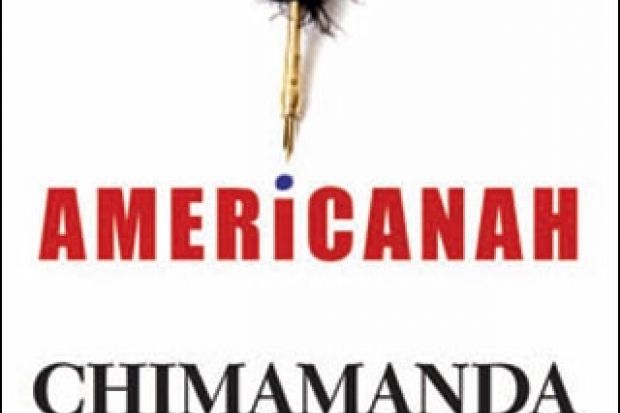Liz Gloyn, lecturer in Classics, Royal Holloway, University of London, is reading Chimamanda Ngozi Adichie’s Americanah (Fourth Estate, 2013). “Shortlisted for the Baileys Women’s Prize for Fiction, this novel charts the lives of two Nigerians and their different experiences of living in the US and the UK. Ifemelu and Obinze encounter strikingly different perceptions of themselves, and then must reincorporate themselves into a Nigeria that has moved on since they left. Provocative, thoughtful writing about race, living abroad and returning home.”

Dennis Hayes, professor of education, University of Derby, is rereading John Searle’s The Campus War: A Sympathetic Look at the University in Agony (Pelican, 1972). “Searle supported the student-led free speech movement (FSM) of 1964 because its philosophy was to extend the ‘First Amendment conception of free speech’ to US university campuses. Fifty years on, students’ unions demand bans and censor everything they disagree with. We need a new FSM in 2014.”

Ali Hutchinson, doctoral candidate and visiting lecturer in the department of English, University of Chester, is reading Jessie Burton’s The Miniaturist (Picador, 2014). “Burton effortlessly leads the reader through a reimagining of 17th-century Amsterdam. It has a sumptuously dark undertone, echoing the claustrophobic uncanniness prevalent in the work of Grace McCleen. Sadly, Burton champions style over substance, and characterisation remains stilted, despite the novel tackling universal themes (sexuality, gender and identity).”

Stephen Wade, lecturer in creative writing, University of Hull, is reading Tony Sharp’s Stalin’s American Spy: Noel Field, Allen Dulles and the East European Show Trials (Hurst, 2014). “I’m currently researching Second World War espionage, principally interrogation methods, and Sharp’s brilliantly told story of Noel Field offers intriguing detail on Hungarian and Soviet approaches to the art of nurturing false confessions. Such ‘information’ has always fed the narratives that run through show trials and counter-espionage, and researchers will find a clear guide to these complexities here.”

Joanna Williams, senior lecturer in higher education and academic practice, University of Kent, is reading Conrad Russell’s Academic Freedom (Routledge, 1993). “That this defence of academic freedom was written in 1993 but appears to recall an ancient past is no critique of Russell’s skill as a polemicist; instead it marks the rapid pace of change within higher education. He argues that academic freedom is contingent on universities being free from interference by state and market, and academics and students alike engaging in the pursuit of knowledge for its own sake. A powerful reminder of ideals worth championing today.”

